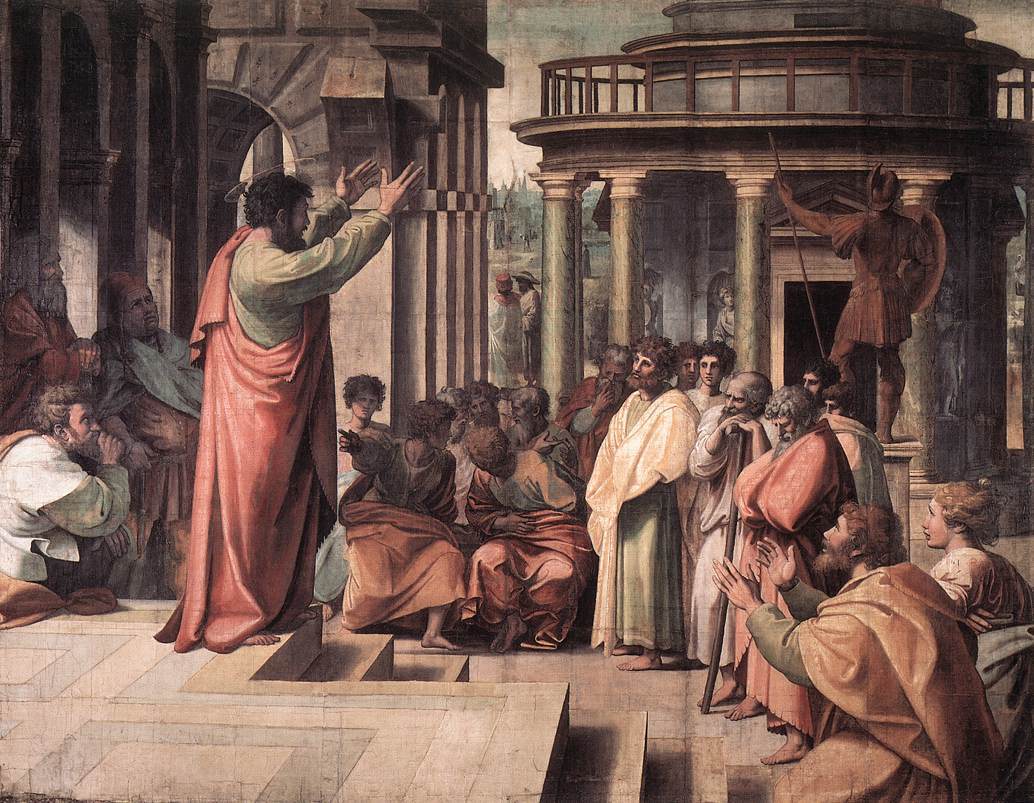Parrhesia is a concept from ancient Greek philosophy that means “fearless speech” or “speaking truth openly.” Revived by Michel Foucault, the term describes a mode of truth-telling that involves risk. To practice parrhesia is not simply to state facts, but to speak honestly from one’s own position even when it is dangerous, unwelcome, or destabilizing.
For the Greeks, parrhesia was central to democratic life: the citizen’s responsibility to confront power with candor. In Foucault’s hands, the term becomes an ethical practice: a way of living through courage, where the act of speaking truth transforms both the speaker and the relation they hold to others. Unlike rhetoric, which aims to persuade, parrhesia emphasizes sincerity, accountability, and the willingness to face consequences.
Parrhesia reminds us that truth is not only about knowledge but about relation: who speaks, to whom, and at what cost. In art, philosophy, and politics, parrhesia describes those moments when speech cuts through fear or decorum, when someone exposes themselves in order to name what must be said. It lingers as a provocation: what truths do we withhold, and what worlds might shift if we dared to voice them?

Image from NAMENSgedächtnis.


